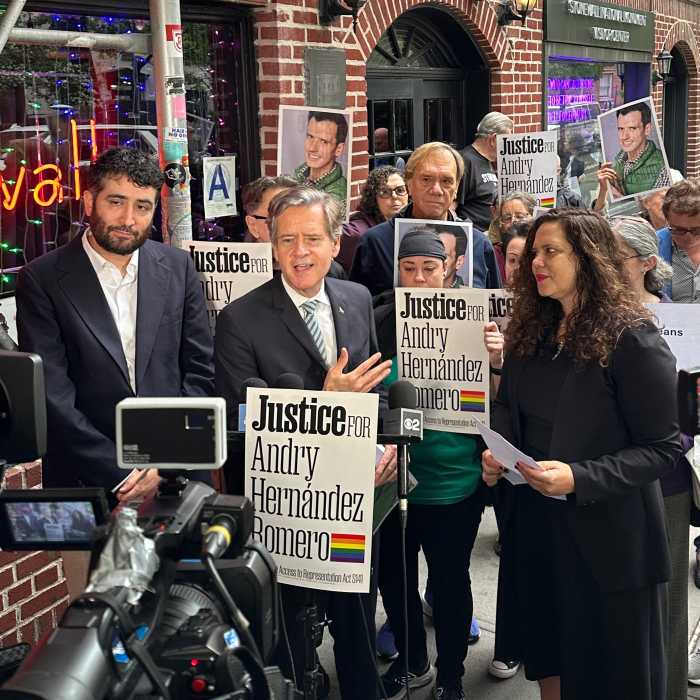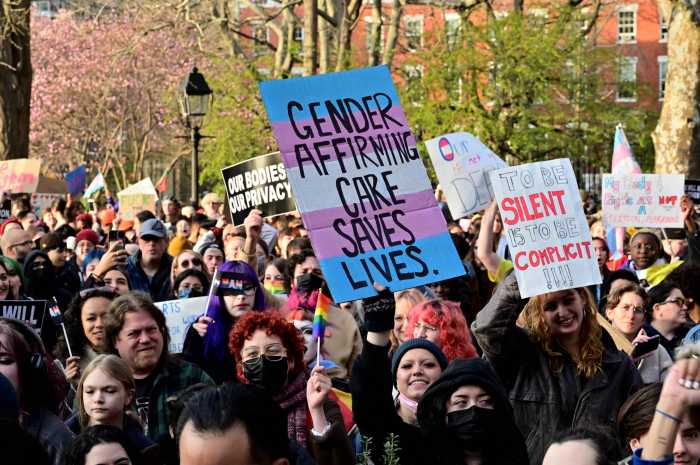The World Bank has stopped lending money to Uganda in response to the country’s Anti-Homosexuality Act, which has been widely condemned for its brutal penalties on LGBTQ individuals.
The World Bank said Uganda’s policy, signed into law in May, is out of step with the environmental and social standards established by the bank. The law calls for life imprisonment for gay sex and the death penalty for “aggravated homosexuality,” which includes sex involving people living with HIV or individuals who are disabled or children.
“Uganda’s Anti-Homosexuality Act fundamentally contradicts the World Bank Group’s values,” the World Bank said in a written statement. “We believe our vision to eradicate poverty on a livable planet can only succeed if it includes everyone irrespective of race, gender, or sexuality. We remain committed to helping all Ugandans — without exception — escape poverty, access vital services, and improve their lives.”
By the end of 2022, the World Bank had provided $5.4 billion in International Development Association financing to Uganda, including different health and education projects, according to Reuters. In June, after the law was signed, World Bank President Ajay Banga was confronted by around 170 civic groups and NGOs to take “specific, concrete and timely actions” in response to the anti-LGBTQ law.
The Ugandan government, in response, has criticized the World Bank as hypocritical and accused it of bowing to imperialist pressure. Uganda’s state minister for foreign affairs, Okello Oryem, stated that the World Bank still gives money to countries who have anti-gay laws and the same attitude towards the LGBTQ community.
“There are many Middle East countries who do not tolerate homosexuals, they actually hang and execute homosexuals,” he said. “In the United States of America, many states have passed laws that are either against or restrict activities of homosexuality … So why pick on Uganda?”


































